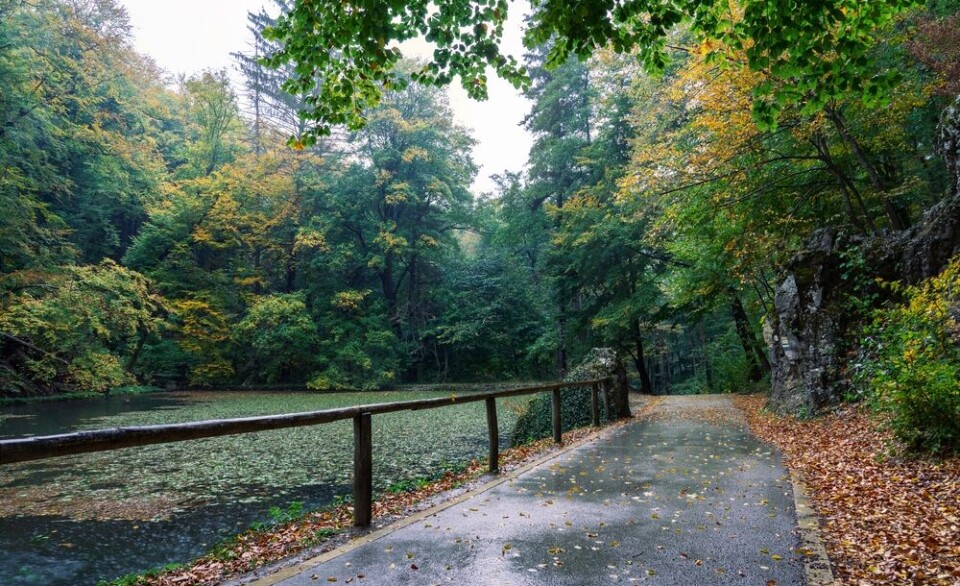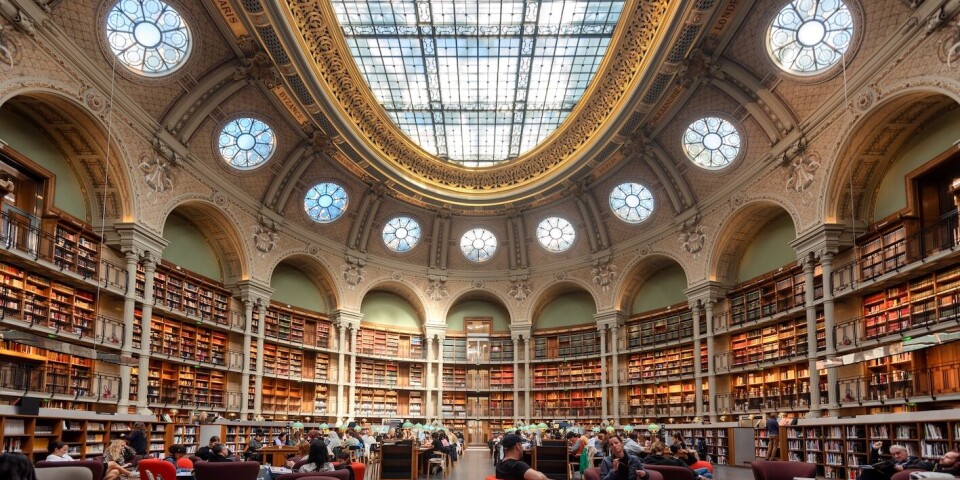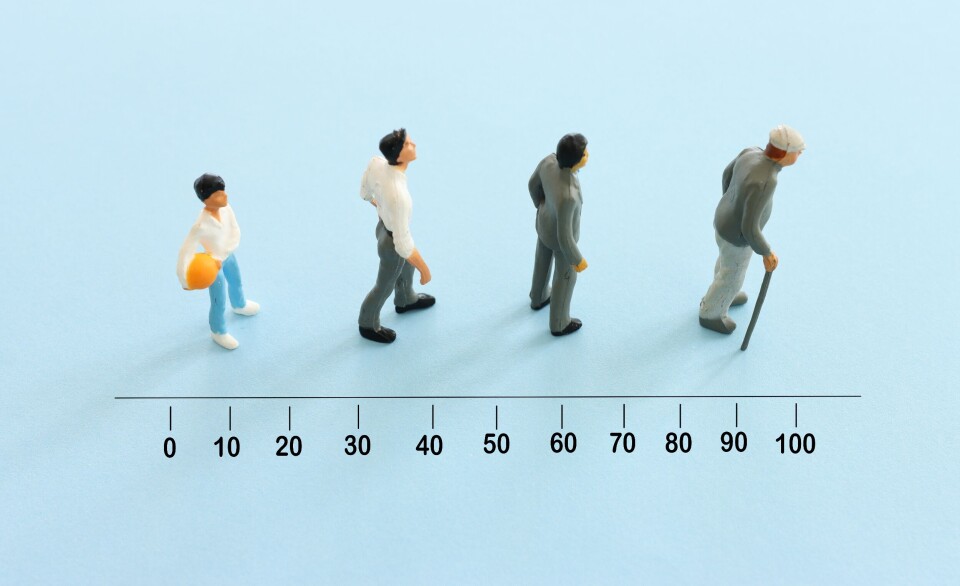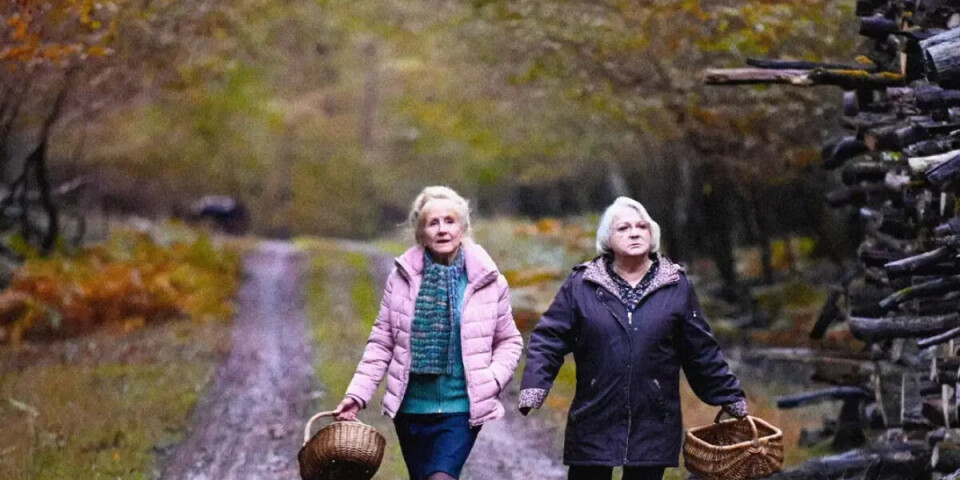-
Heat pumps three times more efficient than oil or gas boilers, French study reveals
Pumps could be an economical and ecologically sound heating solution
-
Viager home sales rising in France as owners look to release cash
The system allows people to unlock the capital of their home
-
What are the rules for changing your front door in France?
We review the rules, from planning permission to paint colours
Best value heating options, renovation issues: French property updates
We also look at an app which warns of impending power cuts, the pensioner ‘conned’ into an unfair sale and a municipal chateau that locals cannot bear to get rid of

Power cut app tops free download list
Fears of impending power cuts in France have seen people rush to download a free app that sends users advance warning of possible outages.
Read more: France sets out its strategy for winter power cuts to homes
The EcoWatt app, offered by the electricity transmission system operator of France, Réseau de Transport d'Électricité (RTE), topped the list of free downloads on both Play Store and App Store on Sunday (December 4) with almost 700,000 downloads.
Dubbed the ‘electricity weather forecast’ (météo de l'électricité), the app lets users monitor national electricity consumption.
There are colour-coded tiers of information. Green signifies normal consumption of electricity. When a region turns orange, the electricity network is strained and reserves are low. Finally, red shows a risk of blackouts without a reduction in consumption.
The application notifies users three days in advance if an orange or red signal is likely.
Read more: Why rural areas in France are expected to be worst hit by power cuts
The EcoWatt app also offers suggestions of energy-saving measures (éco-gestes) householders can implement to avert cuts, such as turning off the lights in unoccupied rooms, running the washing machine during off-peak hours, unplugging household appliances or lowering the temperature of radiators by 1C.
"Until the last second, if all French people perform these actions there will be no cuts", Xavier Piechaczyk, chairman of the executive board of RTE, told France Info.
It is also possible to subscribe to receive power cut alerts by SMS via the monecowatt.fr website.
More than half (60%) of people in France could be affected by power cuts this winter, the government has warned, although priority clients and sites, such as hospitals, will not be impacted.
However, in more positive news, latest RTE figures show the French are currently consuming less electricity than previous years, with a drop of 8.3% last week compared to the average for 2014 to 2019.
Reductions have been made in "all the sectors" – homes, offices and businesses – according to the RTE data, published on Tuesday evening (December 6).
Only half of attic insulation work funded by renovation grants is satisfactory
Homeowners looking to apply for renovation grants through the Certificat d'économie d'énergie (CEE) scheme have been warned that work carried out may not come up to standard.
The initiative obliges energy suppliers (EDF, Engie, TotalEnergies, etc.) to obtain 'CEE' energy certificates (and thus avoid financial penalties) by funding renovation works aimed at improving the energy efficiency of households.
Those with low incomes can benefit from increased financial aid.
The process of getting renovation work subsidised in this way is already complicated, as we have detailed in The Connexion in the past.
Read more: CEE: France’s home renovation grant for main and second homes
Now concerns have been raised that tradespeople registered to do the jobs may be underskilled, cutting corners or exploiting the system after Spekty, the organisation in charge of verifying work, published the results of its CEE inspections.
They show only 51% of attic insulation work was done to a satisfactory standard. Issues included non-compliance with building regulations, overestimating the surface area of the project and problems with thermal resistance.
External wall insulation was carried out slightly better, with 64% of projects checked by Spekty up to standard. This rose to 65% for ground floor insulation.
In both instances, non-compliance with building regulations and declaring a larger surface area than the project warranted were the main concerns.
Only 13% of heat pump installations were non-compliant, but consumer organisation UFC Que Choisir, reporting on the findings, highlighted that these had a far greater potential for serious repercussions.
Here, issues included poor sizing, electrical risks, leaks and the absence of insulation.
Spekty checked some 36,300 energy renovation projects from April 2021 to October 2022.
Work financed by CEE grants must be carried out by companies holding the RGE label (Reconnu garant de l'environnement).
The findings, however, raise serious questions about its relevance.
“We have shown that the rate of non-compliance remains high," Oussama Djeddi, who heads Spekty, told UFC Que Choisir.
“Emphasis must be placed on training within construction companies, who are struggling to find qualified workers.”
Read more: Grant to renovate French homes is extended with a bigger budget
Research uncovers best value way to heat a house
Air to water heat pumps are the most economical way to heat your home, costing an average of €1,512 per year over the life of the equipment (20 years on average).
That is according to research from Hello Watt, an energy advisor with more than 250,000 users, which compared heating options for a 100 m² house.
"This heat pump works on electricity, a relatively expensive energy, but it transforms one kWh consumed into 3 kWh of heat produced,” said Gautier Villard, Hello Watt’s director of energy and solar renovation in Le Figaro.
“This allows for very low consumption and makes it the most interesting heating system to install.”
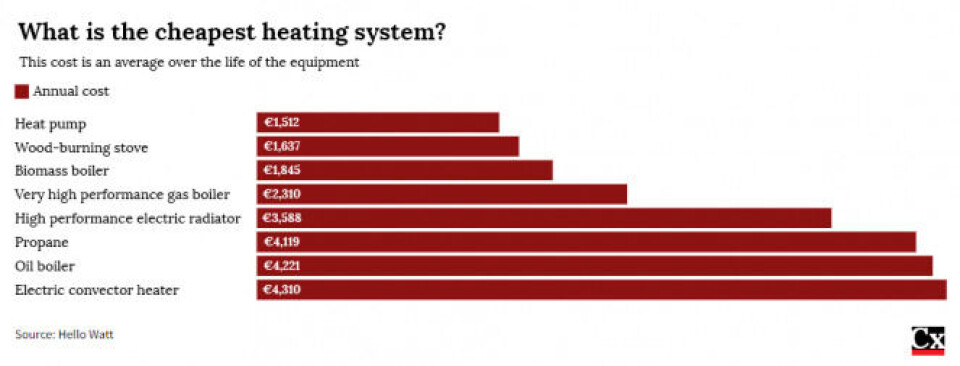
However, the findings noted a drawback of heat pumps was the high installation cost of between €10,000 and €15,000.
Although subsidies can bring this down, households on low incomes, and consequently eligible for the most generous grants, will still have to pay around €3,500 from their own pockets.

Wood-burning and pellet stoves came second on the list, both in terms of annual costs and initial outlay. Although a pellet stove will set the average homeowner back €4,600, the annual cost of running it comes in at €1,637 a year.
Biomass boilers, which also work by burning pellets, wood chips, logs or other biological materials but are connected to central heating and hot water systems, have slightly higher running costs – €1,845 a year – according to the research.
Read more: Heat your house in France with wood? How to apply for aid
However, Mr Villard says prices have been affected by the wood sector’s current supply problems.
"The sector has not been able to anticipate the strong demand. As a result, prices have risen sharply in two years. But, unlike gas and fuel oil, inflation for wood pellets is only temporary.”
Read more: Pellet costs triple, logs up 20%: Firewood shortage worsens in France
Households connected to gas could install a very high performance gas boiler and expect to pay roughly €2,310 a year (after an initial average outlay of €5,250, including subsidies).
Read more: Extra €1,000 available in grants to replace a gas boiler in France
Meanwhile, for high performance electric radiators households can expect bills of around €3,588 per year, and an initial outlay of around €2,800 on average.
Performing worst in the Hello Watt research were electric convector heaters (€4,310 a year) and oil-fired boilers (€4,221).
Since July 1 it has no longer been possible to install a new oil-fired boiler (chaudière au fioul) in any French home for environmental reasons.
Read more: How to get additional aid to replace an oil-fired boiler in France
Viager ‘victim’ dies the same day her sale is cancelled
A court in Montpellier has ruled that an estate agent took advantage of a pensioner to buy her flat at half the price it was worth – but she died on the day this verdict saw the sale cancelled.
The woman, who has not been named, sold the 56m² flat, located near the centre of Montpellier, ‘en viager’ in 2016.
Read more: Buying and selling a home in France: What is the viager system?
She was 75 years old at the time, with no relatives or descendants.
Although the property had been valued, also ‘en viager’, at €128,000 five years earlier, the estate agent claimed it was only worth €67,000, reports Midi Libre.
He sold it to a société civile immobilière (a form of French company that is exclusively used to own and manage real estate) controlled by his nephew.
‘En viager’ translates as ‘for life’. It is a way of buying and selling a property based on estimates of the seller’s life expectancy.
In its most classic format, ‘viager occupé’, a sale involves the buyer paying part of the market value of the property to the seller as an upfront lump sum called the ‘bouquet’, often around 30% of the value.
The seller maintains a lifetime right to use or live in the property while the buyer pays them a regular lifetime rent – rente viagère – on a monthly or three-monthly basis.
In this case the conditions of the sale saw the pensioner receive a bouquet of €25,000 and a monthly rent of €200.
Three years later, in 2019, a guardian was appointed to take care of the woman’s affairs, and it is this person who started legal proceedings against the estate agent.
The court annulled the sale, agreeing that the seller’s mental state had been exploited and there had been a conflict of interest.
The notaire who oversaw the transaction was also singled out for blame, with the court reminding them of their “duty to inform and advise" clients.
According to the pensioner’s lawyer, the revalued proceeds of the sale were to be used to finance a nursing home.
As she died on the day the judgement was handed down, however, the property passes to the state instead.
Read more: ‘Viager’ buyer accused of murdering owner to get French property early
Residents vote to keep municipal chateau
A village chateau that has, over the years, served as an orphanage, prison, tax collection office, and school, will remain in local authority hands, after residents voted overwhelmingly against its sale.
Inhabitants of Essoyes (Aube) were given the chance to decide the chateau’s fate at a public consultation and voted 135 to 76 to keep the historic building.
It was enlarged into a chateau at the end of the 19th century by the Hériot family, co-founders of the Grands Magasins du Louvre, a former Parisian department store, and bought by the commune in 1936.
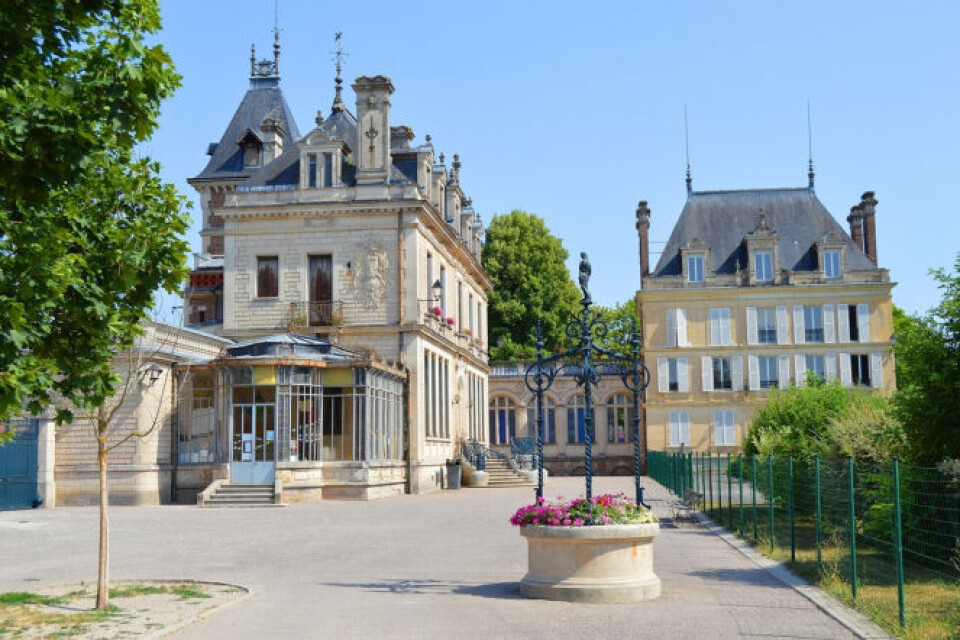
The Château d'Esssoyes will not be sold off. Credit: Novinit Images / Shutterstock
It subsequently served various functions, most recently as a village school.
Currently empty, it is in need of extensive renovation work.
“The chateau is not in ruins, but the electricity needs to be redone, the windows changed, the building insulated, and the heating system and accessibility reviewed," mayor Thierry Mercuzot told France Info.
“The renovation of the place would cost at least €2million. And, like all municipalities, we also have to reduce our operating costs.
Read more: Paris sells French chateau and holiday village for just over €200,000
Although private investors have shown interest and public projects have also been considered, a viable solution has yet to emerge.
The public vote was organised to gauge how residents feel about the building, and the result will be respected, the mairie assures.
The future of the chateau will be discussed again at the next council meeting.
Related articles
Renovation loans, evictions, house swaps: Five French property updates
Tax rise for home pools, market slowdown: Five French property updates
Easy-fit French solar panels could cut electricity bill by €30 a month










